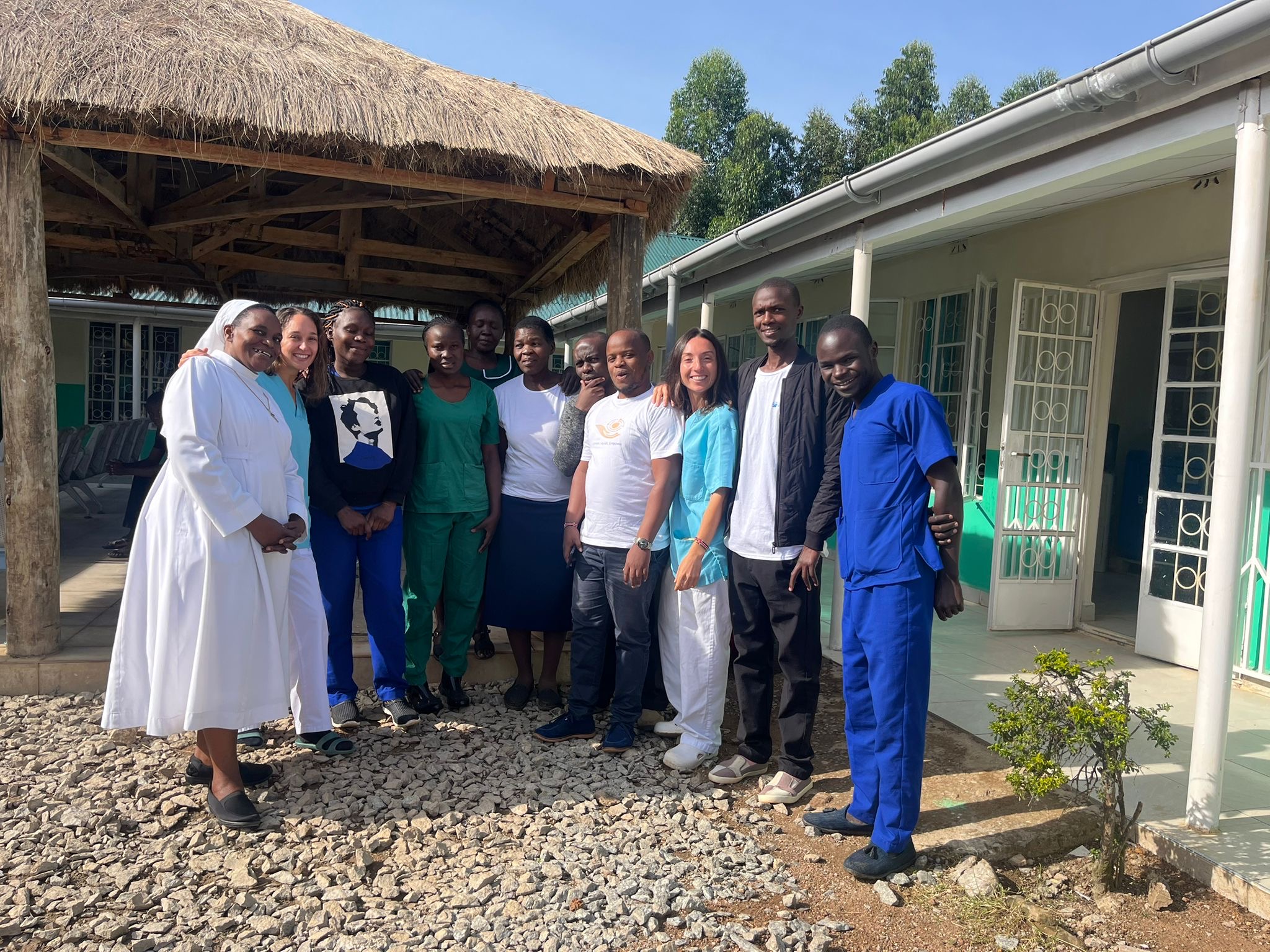Opening a hospital from scratch with the “Sharing your knowledge in the field” grant
Opening a hospital from scratch with the “Sharing your knowledge in the field” grant
October 21, 2025
Opening a hospital from scratch: paediatrician Paula Madrid’s experience on the ground
It is almost three months since the inauguration of the hospital where the recipient of the Probitas Foundation’s “Sharing your knowledge in the field” grant, Paula Madrid, is undertaking her placement. In this interview, she tells us what it is like to set up a centre from scratch, train the local team, and implement patient flows, protocols and actions to increase children’s and pregnant women’s access to safe, high-quality care.
How are you finding the experience, and where does the project currently stand?
The experience has been both very positive and intense. Thanks to the Probitas Foundation, I am experiencing first-hand the challenge of opening a hospital from scratch in terms of team management, organisation, training and supplies. Almost three months have passed since the opening and, looking back, we have achieved better organisation of the team, the shifts and the hospital spaces. It will undoubtedly be an experience that will stay with me forever and, with the support of the grant, is teaching me a great many things both personally and professionally.
Who conforms the team, by now?
We currently have four nurses, two healthcare assistants, one clinical officer, two Spanish paediatricians, a pharmacist and a laboratory technician.
What were the main challenges during the first weeks?
The first weeks were challenging: organising the pharmacy, difficulty obtaining tests, getting the patient pathway to work, managing the accounts… Everything had to be defined. We also worked on better structuring the hospital’s areas: the emergency department, we established rapid-response protocols, organised the delivery room and the neonatal resuscitation area, the consulting rooms and triage, as well as the inpatient wards.
What training and protocols have you implemented?
Over these months we have carried out sessions and developed protocols on triage, malnutrition, sickle-cell disease, malaria, neonatal and paediatric resuscitation, basic prescribing and fluid therapy. We have also started running drills with the rest of the team and involving them in weekly training.
What cases have you attended to so far? Any notable milestones?
We have already had our first inpatients both in the paediatric ward and in the neonatal unit, and we have been able to put the first incubator into service. We have also attended the first deliveries. Last month we ran a paediatric campaign to be able to see more children, as the volume of patients we are treating is still low.
What are you focusing on now, and what are the next steps?
The hospital has now taken shape and we are better prepared to care for a larger number of children and pregnant women. We must now work to encourage the population to come to our centre. From October we want to set up a programme to care for malnourished patients, as well as to strengthen links with surrounding hospitals and health centres so we can coordinate better and support one another. In January we are planning a new paediatric campaign, on which we will work intensively over the coming months to reach all the patients in the area who need it.

Context and networking
“Sharing your knowledge in the field” grant is worth €5,000 and aims to promote the application of skills and the exchange of knowledge on the ground to improve the quality of life and health of vulnerable communities. The grant is aimed at both professionals and students in the health field, social sciences, education and other disciplines related to international cooperation in health.
